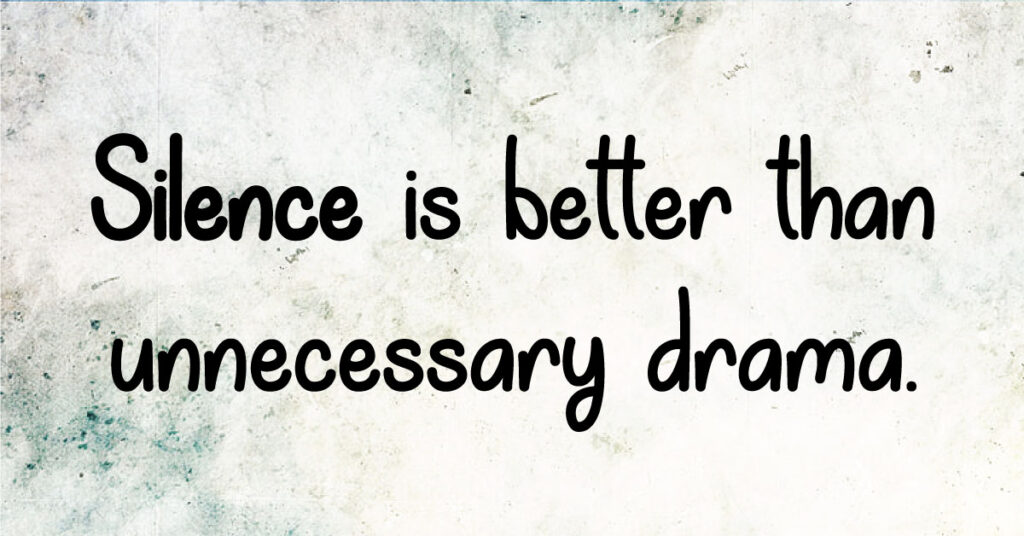Kindness, an act so simple, yet so powerful, can have a profound impact on the world. It’s a universal language that breaks all barriers and brings people together. But beyond making the world a better place, did you know that being kind can also bring about numerous benefits to your own health and well-being?
Here are 12 benefits of being kind that most people don’t think about.
Good for Your Heart Health
Kindness isn’t just a metaphorical warm feeling; it actually holds tangible benefits for your heart health. When we perform acts of kindness, our bodies often produce the hormone oxytocin. Research has suggested that oxytocin helps in reducing blood pressure and protecting the heart.
So, by spreading kindness, we’re not just helping others but also actively contributing to our own cardiovascular wellness. In essence, kindness is a two-way street where both the giver and receiver benefit.
Boosts Immunity
Kindness isn’t just a moral virtue, it’s a health booster too! By engaging in kind acts and cultivating positive thoughts, you can enhance your immune function. This improvement in immunity helps your body become more efficient at warding off illnesses and diseases.
Simply put, being kind doesn’t just make you a better person, it could also make you a healthier one. So, spread kindness and boost not only your happiness but also your physical well-being.
Sense of Control
Engaging in acts of kindness empowers you by asserting control over your actions and surroundings. This sense of empowerment can result in a boost in self-esteem, fostering a more optimistic perspective on life.
Kindness, therefore, is not just an outward expression of compassion but also a tool for personal growth and positivity. By choosing to be kind, you’re not just influencing others positively but also enhancing your own self-worth and outlook towards life.
Reduces Anxiety
Social anxiety can be overwhelming, but the antidote could be as simple as practicing kindness. Shifting your focus towards others and their needs can effectively diminish your own anxieties and fears. This outward-focused approach distracts you from self-centered worries, reducing their intensity.
In essence, kindness serves as a potent tool for managing social anxiety, fostering empathy while simultaneously lessening your own apprehensions. It’s an empowering approach to improving both mental health and interpersonal relationships.
Improves Relationships
Kindness is the adhesive that binds relationships, creating a robust and harmonious connection. In any relationship – be it with friends, family, or colleagues – acts of kindness pave the way for empathy, strengthening the bond between individuals.
These kind gestures foster understanding and compassion, forming the foundation of more positive and resilient relationships. In essence, kindness is a powerful tool in relationship-building, promoting mutual respect, appreciation, and a sense of belonging.
Antidote to Stress
In the hustle and bustle of modern life, stress can often become an unwelcome constant. Yet, engaging in acts of kindness can stimulate the production of hormones that combat stress, promoting a sense of calm and relaxation.
These simple, compassionate actions have a powerful physiological impact, counterbalancing stress and fostering tranquility. By choosing kindness, you’re not only uplifting others but also creating a healthier, more serene mental environment for yourself, contributing to overall well-being.
Helps with Depression
Depression is a grave mental health issue that can make life seem daunting. Yet, studies suggest that individuals who are kind tend to experience less depression. Acts of kindness have been found to enhance mood and promote positive thinking, which can help alleviate depressive symptoms.
By extending kindness, you’re not only benefiting others but also fostering your own mental well-being, potentially reducing the severity or frequency of depressive episodes.
Improves Self-Esteem
Kindness has been proven to bolster self-esteem. Engaging in benevolent acts towards others underpins your sense of self-worth, enhancing your self-perception. The act of doing good for others serves as a positive affirmation of your value, reinforcing your belief in your own worthiness.
It’s a cycle of positivity – your kind actions benefit others and in turn, strengthen your self-esteem. So, by extending kindness, you’re not just making a positive impact on others, but also boosting your own self-image.
Fosters Empathy and Compassion
Kindness allows us to connect with others, enhancing our understanding of their experiences and emotions. This nurtures empathy and compassion, essential skills for maneuvering in our interlinked society.
Through acts of kindness, we foster a deeper connection with others, cultivating a sense of shared humanity. This not only enriches our relationships but also equips us with the emotional intelligence needed to navigate the complexities of our interconnected world.
Boosts Mood
Kind deeds can stimulate the production of serotonin and dopamine, neurotransmitters linked to feelings of happiness and satisfaction. This euphoric sensation, resulting from acts of kindness, is commonly known as the “helper’s high”.
It demonstrates how benevolence not only benefits the receiver but also the giver, by enhancing their mood. So, practicing kindness could be a natural way to boost your mood, contributing to overall happiness and contentment.
Increase Lifespan
Kindness not only enriches your emotional state but could also contribute to a longer life. Research suggests that acts of kindness might be associated with increased longevity. This is potentially due to the combined benefits of stress reduction, enhanced cardiovascular health, and an improved immune response.
So, engaging in kind deeds could serve as an effective strategy for prolonging your life while enhancing your well-being simultaneously.
Promotes a Positive Outlook
Kindness can foster a brighter worldview. Concentrating on the affirmative steps you can take to assist others can transform your viewpoint, enabling you to perceive the world through a more hopeful lens.
This shift in perspective can result in a more positive attitude towards life, further enhancing your overall happiness and contentment. In essence, practicing kindness not only benefits others but also cultivates personal optimism, contributing to a healthier mental state.
Final thought
Being kind not only makes the world a better place, but it can also bring about numerous benefits for your own health and well-being. So why not spread a little kindness today? You’ll be doing good for others and good for yourself. Remember, every act of kindness, no matter how small, can make a big difference.








